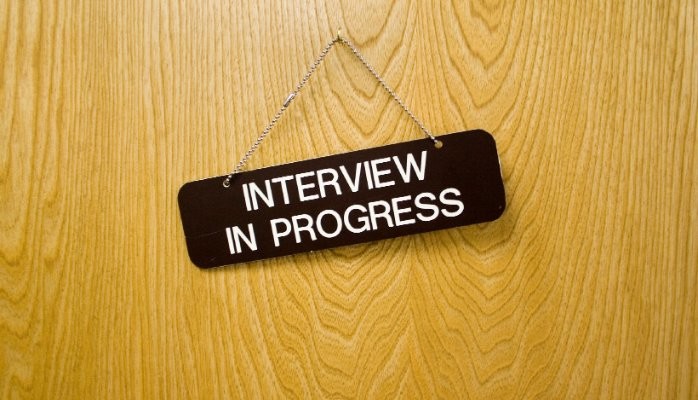
Being in a job interview isn’t all about the big corporate company hiring you, you need to make sure that the company you’re going to work at is the right fit for you. Often times, we are quick to forget that an interview is a two way process and just showing up on your end (and on time might I add) isn’t enough. Doing your homework both on the company, culture and the people you are meeting with is critical to understanding if this role and company is a match.
Asking any of these questions (in no particular order) during an interview will surely give you the right answers to find this out.
- What do you like most about working for this company?
This question is designed to understand the values of your interviewer. It’s a bonus if the person speaking will be your direct boss. This will allow you to see if your values match theirs. - How will I be evaluated during my first three months here?
This question is designed to tell you a few important details such as: has the position been spec’ed out correctly, is there a clear line of who will be overseeing your first critical 90 days and of course what type of metric you will be weighed against. This will allow you to see if you are being set up for success or failure. - Why is this position vacant?
This question is designed to tell you about both the longevity of the role itself as well as any potential red flags that may accompany this position in terms of the teams structure or resources needed critical for it’s success. - What have you enjoyed most about working here?
This question is designed to allow you to bond on a more personal level with your interviewer. The answer will also give you unique insight into how satisfied people are with their jobs there. If the interviewer is slow to come up with an answer to your question, it’s a big red flag. - What are some of the challenges you see for this role?
This question is designed to tell you about any potential roadblocks, land mines or uncharted waters you may need to navigate. If they don’t have anything (or much) to offer then that’s a red flag unto itself. It’s possible the person you are speaking to may not fully understand the scope of the role. - What have past employees done in this role to be successful?
This question is designed to tell you both how the company will measure success for this position and give you greater insight as to what it will take and if you have it both on your resume and in your background. - What is the single largest problem facing your company/this group and would I be in a position to help you solve this problem? This question is designed to show the interviewer that you are immediately thinking about how you can help the team, it also encourages the interviewer to envision you working at the position in their company.
- Do you have any hesitations about my qualifications?
This question is all about expressing your sincere (not arrogant) confidence in your background and secure enough to discuss any weaknesses. - Can you tell me about the team I’ll be working with?
This question is designed to have your interviewer do two things: (1) Tells you about the people you will interact with on a daily basis, so listen to the answer closely and (2) notice how the question is phrased; it assumes you will get the job. If the person can’t answer the question, then they probably aren’t the person you should ask and look for someone else. - What are the next steps?
Similar to question #9, this does a few things: (1) Demonstrates your openness and interest in the role and company and (2) provides you valuable insight as to what the hiring process looks like (3) where they are in the hiring process and (4) if there are other candidates you are competing against.
When you ask the right questions, you want to achieve three things:
- Make sure the interviewer has no reservations about you.
- Demonstrate your interest in the employer.
- Find out if you feel the employer is the right fit for you.
If and when you ask these questions, you will most definitely walk out of that room having gained both a better understanding of the position as well as if the company and it’s culture is a right fit for you and your career.